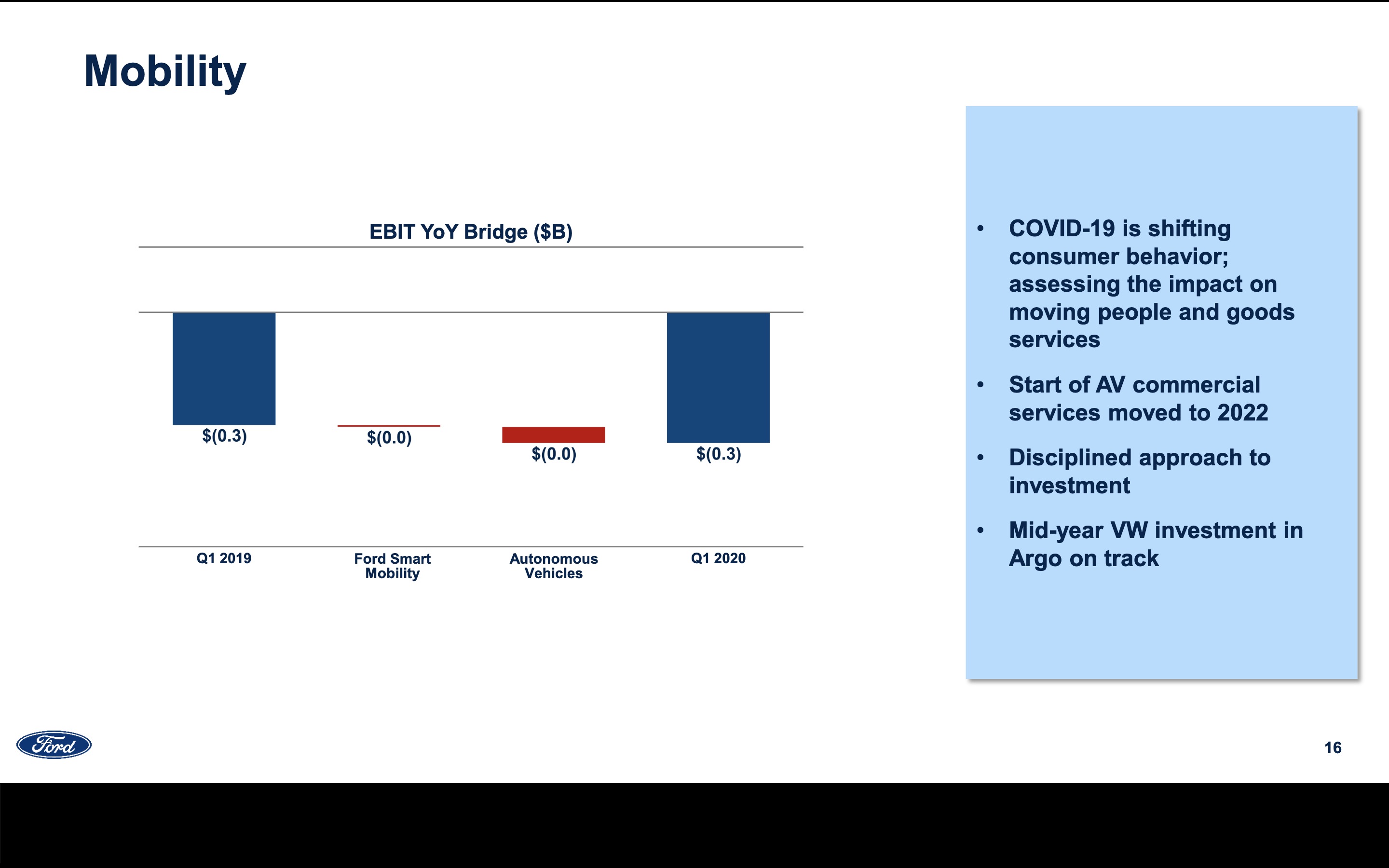SiriusXM’s first quarter 2020 earnings today painted a picture of what’s ahead for the music and entertainment service in light of the coronavirus outbreak. While the company surprised with both an earnings and revenue beat in the quarter ended March 2020, its satellite radio business also lost net subscribers due to declines in auto shipments, and the company spoke of further declines in ad sales and in customer responses to its marketing campaigns.
The company did manage to beat expectations in the quarter, reporting revenues of $1.95 billion, surpassing the Zacks Consensus Estimate by 2.63%. And it saw earnings per share of $0.07 (a profit of $293 million) beating the estimate of $0.05 per share, and up from the earnings of $0.03 per share a year ago.
But the earnings beat comes at a time when even SiriusXM isn’t sure of what the future holds for its business — it withdrew its full-year 2020 guidance, citing the still unknown potential impacts of the COVID-19 crisis.
Already there were hints of how that future may look, however. The declines in shipments from automakers offering paid trials subscriptions with a vehicle purchase led the company’s satellite radio business to lost 143,000 net subscribers in the first quarter. This is despite the addition 69,000 self-paying subscribers, and saw SiriusXM ending the quarter with 34.8 million total subscribers.
The Pandora streaming music service, which SiriusXM owns, added 51,000 net new self-pay subscribers to its paid tiers, Pandora Plus and Pandora Premium. Pandora ended the quarter with over 6.2 million self-pay subscribers and 6.3 million total paying subscribers, including those who came in through other promotions.
Pandora ad revenue grew 4% year-over-year to reach $241 million in the quarter, which the company attributed to video programmatic and engagement-based video, its expansion of off-platform efforts, and the fees from its AdsWizz platform — a 2018 acquisition.
But Pandora’s gross profit was down 5% year-over-year to $105 million, as total costs of services grew, including those related to higher revenue share and royalties, customer service, billing expenses, and more.
Then there were the expected declines related to the coronavirus’ early impact.
Though much of those troubles didn’t hit until March, SiriusXM warned that “auto sales, advertising, and customer responses to marketing campaigns all fell swiftly in the second half of March.”
That’s only a couple of weeks, mind you, which makes it seem like the company hasn’t really felt the full force of the pandemic on its subscriber growth, ad sales, or total revenues.
“Automakers have idled plants, and dealers have closed their retail operations. New and used vehicle sales have declined sharply in recent weeks,” the company said in its earnings announcement.
Beyond that, the overall economy has taken a hit with rising unemployment and other declines that could touch on SiriusXM’s business in other ways — including the cancellations of sporting events, postponing of concerts, travel declines, and more.
“Unemployment is rising at historic rates as non-essential businesses have been closed and workers have been furloughed. Media spending by businesses has dropped sharply. To add to the uncertainty, it is unclear when an economic recovery could start and what a recovery will look like after this historic shutdown of the economy,” SiriusXM also warned.
The company says it expects to see declines in ad revenues at both SiriusXM and Pandora due to the COVID-19 pandemic, as well as declines in its satellite radio and accessory sales.
Despite all these issues, there are areas where SiriusXM could succeed, as the coronavirus quarantine stretches on — specifically, its exclusive entertainment offerings.
Today, there are already signs that people are looking for other options to keep themselves entertained in quarantine beyond just streaming Netflix endlessly. Nintendo is struggling to keep the Nintendo Switch in stock, thanks to hit games like Animal Crossing, for example, and even podcast listening is starting to recover from the initial coronavirus hit.
SiriusXM could easily cater to the growing demand for virtual events, where music and entertainment reaches consumers stuck at home.
The company has already done this to some extent — with its Ultra Music Festival, home performance from Garth Brooks, Home DJ series kicked off by Taylor Swift, broadcasts of nationwide events like the Jersey 4 Jersey benefit, and more. The company also began streaming a COVID-19 news channel 24/7, in conjunction with NYU Langone Health. Plus, it still has Howard Stern…for now.
Plus, as quarantined consumers dig further into non-screen based activities — like gardening, arts and crafts, and cooking, among others — SiriusXM could establish itself as a service offering more than just your usual tunes and podcasts, if it strikes the right tone with regard to its marketing efforts.
“Since the start of the global pandemic, our top priorities have been ensuring our employees’ safety and well-being, and continuing to support our subscribers and listeners by providing them the best entertainment, news, and information in the audio space. On both fronts, I’m pleased by our response,” said SiriusXM CEO Jim Meyer, in a statement. “We are streaming SiriusXM for free, and we have been in overdrive introducing new shows, channels and special virtual moments,” he said.
SiriusXM also invested $75 million in SoundCloud in the quarter, in the weeks before the pandemic hit, which allows the company to reach 140 million North American listeners across SiriusXM, Pandora, and SoundCloud combined.
SiriusXM’s stock is up 2.58%, following its Q1 results.




